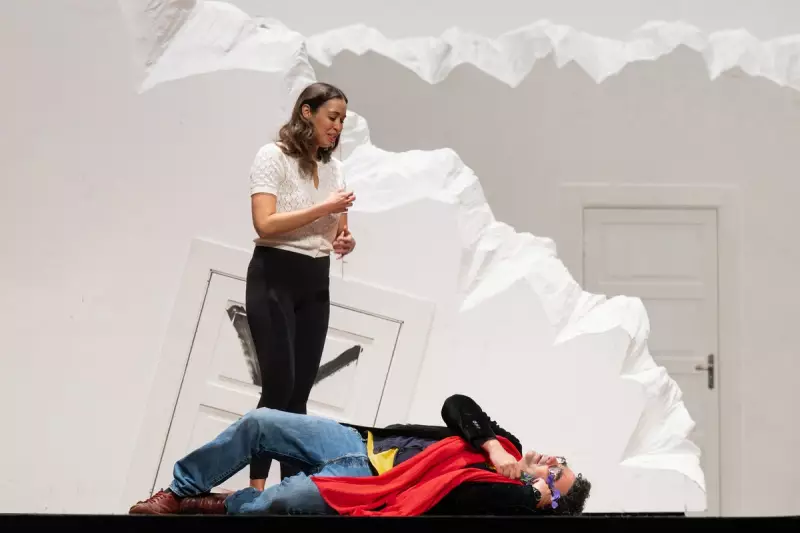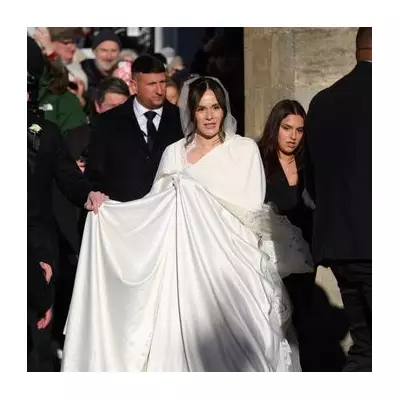
In a surprising move that has sent ripples through the classical music community, the Metropolitan Opera has abruptly cancelled its planned new production of Donizetti's charming comedy 'L'Elisir d'Amore'. The production, which was to be helmed by acclaimed British director Richard Jones, has been scrapped despite significant preliminary work and substantial financial investment.
A Costly Artistic Decision
The cancellation represents not just an artistic shift but a considerable financial setback. Reports indicate the Met had already poured nearly $500,000 into the development of Jones' vision for the beloved Italian opera. This substantial sum covered everything from initial concept designs to early stage preparations, all now seemingly lost in this dramatic reversal.
Behind the Scenes: What Went Wrong?
While official statements from the Metropolitan Opera remain carefully worded, industry insiders suggest creative differences and scheduling complications contributed to the production's demise. Richard Jones, known for his distinctive and sometimes controversial interpretations, had previously experienced production cancellations in both New York and France, though none with quite this level of financial commitment already in place.
The Ripple Effect on Future Seasons
This cancellation creates significant gaps in the Met's future programming. 'L'Elisir d'Amore', with its delightful story of love and deceptive love potions, remains a perennial audience favourite. Its absence from upcoming seasons leaves opera enthusiasts wondering what replacement productions might emerge to fill the void.
A Pattern of High-Profile Cancellations
The Metropolitan Opera isn't alone in facing such challenges. Recent years have seen several major opera houses grappling with similar high-profile cancellations, reflecting the complex balancing act between artistic vision, financial practicality, and logistical feasibility in today's opera landscape.
This development raises important questions about the future of new productions in the post-pandemic era, where financial constraints and artistic risk-taking must be carefully balanced.





